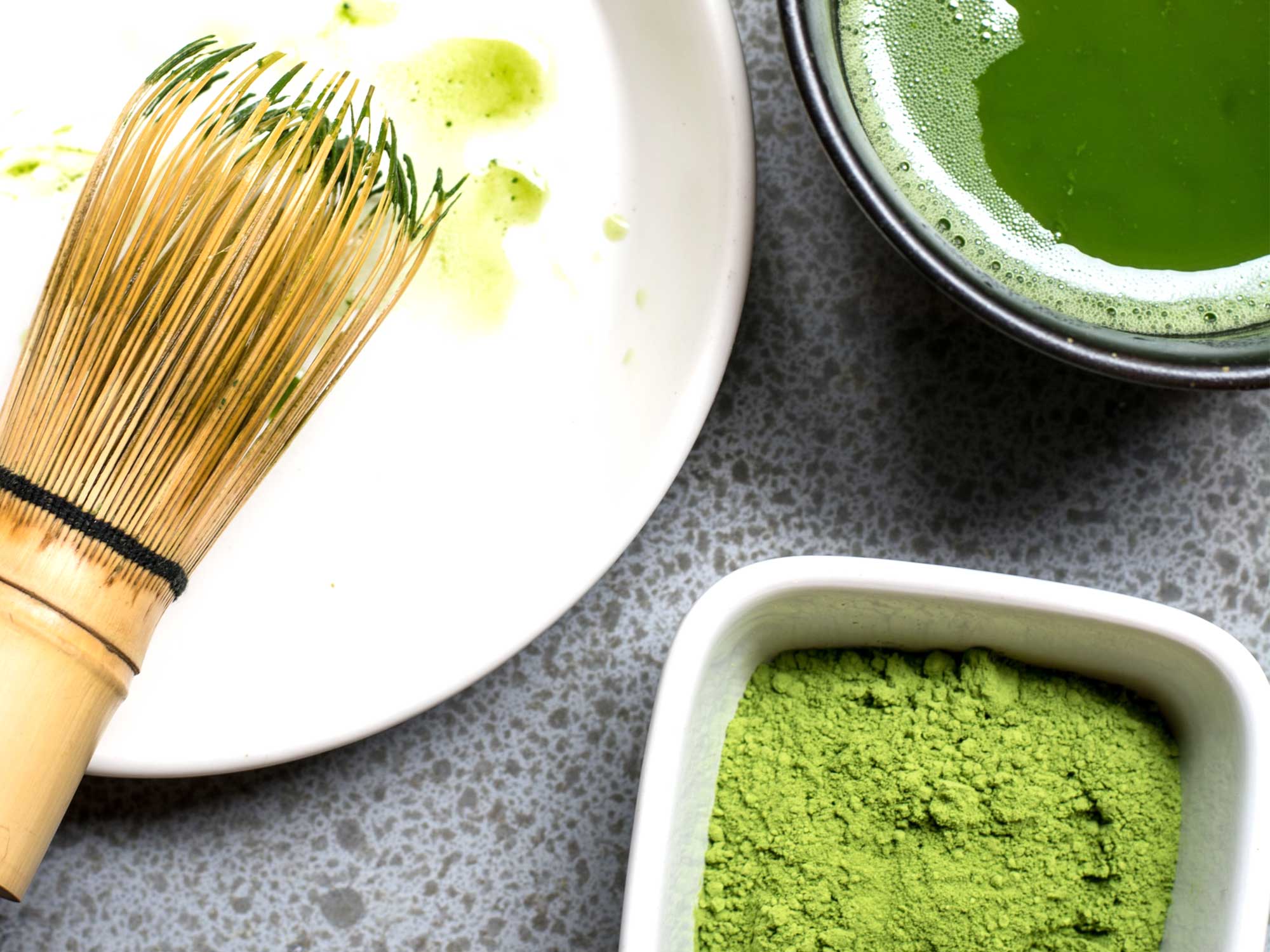Matcha Coffee Lattes. Benefits & Recipes

Your browser is out-of-date! Please update your browser to view this website correctly.


It’s no secret that matcha drinks have grown in popularity over the last 5 years or so. Its vivid green colour looks very appealing and with a variety of documented health benefits, matcha and matcha coffee lattes have gone from a relatively unknown and niche choice to a trendy icon within the tea and coffee space. But what is it? Let's explore.
Although it has only been in the limelight in recent times, matcha actually dates back to 12th Century Japan where it was a valued commodity in traditional Japanese tea ceremonies known as Chanoyu. Great care was placed into the preparation of the matcha tea, as well as the matcha tea bowls themselves it was served in, handcrafted by artisans, adding to the ceremonial quality of this past time.
You’d be forgiven for thinking that matcha is just green tea, but the harvesting and processing procedure is different. Matcha bushes from which the leaves are harvested are covered for up to 20 days prior to harvest to block the leaves from direct sunlight. The absence of direct sunlight causes the leaves to produce more chlorophyll, in turn making the colour of the leaves much greener, giving matcha its distinct green colour. This process also boosts production of L-Theanine, a natural amino acid that gives tea that unique ability to both calm and stimulate.
Matcha tea is typically produced in two different forms: Usucha and Koicha. Usucha translates as ‘thin tea’ and this is the most common form of Matcha found in cafes. If you’ve had a Matcha Latte, it’ll likely be Usucha Matcha. In comparison, Koicha Matcha is much thicker and, rather unsurprisingly, translates as 'thick tea’. This has a more paint-like texture and is more viscous.
When matcha is processed it is ground into a powder, in which the two types are not interchangeable as they use different types. Koicha will use the highest quality powder as this was traditionally drank in Japanese Tea Ceremonies, whereas Usucha is typically of a slightly lesser quality. Also, when Koicha is prepared, it uses a higher ratio of matcha to water.

Establishing that matcha is a form of green tea with a different harvesting and processing method, we’ve also briefly explained the differences in the preparation. But what about the health benefits everyone raves about? To put it simply, the benefits of matcha drinks are vast. The phrase ‘super-food’ gets thrown around a lot these days but if any food or beverage is worthy of the title then matcha is certainly a contender. Here are some of the benefits:
1 Matcha detoxifies your body: the added Chlorophyll found in Matcha guarantees a high concentration of antioxidants, amino-acids, and polyphenols which aid in metabolism and are really effective at cleansing our insides (for want of a better phrase).
2 Stress busting: the high concentration of L-Theanine and amino-acids act as the perfect ingredients to alleviate day-to-day stress. The best part of all is these components is that they don’t cause drowsiness, and so, promoting more focused thinking and clarity making it a great meditation aid for the Japanese Zen Monks who first discovered these properties of matcha.
3 Great for weight loss: as matcha has no calories and boosts your body's metabolism, it is perfect in aiding weight loss. The vitamins and minerals found in matcha help produce vital fat cutting enzymes and the non-drowsy nature of matcha ensures drinkers have plenty of energy for exercise. Unlike caffeinated tea and coffee, the energy boost provided by matcha is sustained over a long period, meaning you won’t crash after a few hours. It is also acts as a great pre and post workout drink as it increases the blood flow to the muscles and protects the heart.
4 Healthy teeth and gums: matcha has antibacterial properties, promoting great oral hygiene. Matcha can keep your gums healthy and reduces the risk of conditions such as gingivitis. It should not be a replacement for brushing your teeth though, this goes without saying.
5 Lowers cholesterol: matcha is naturally rich in catechins. Catechins are a group of molecules that have been proven to be extremely beneficial anti-oxidants, naturally protect your heart and will lower your cholesterol.
These are just some of the known benefits of matcha but are by no means all of them. We’re big fans of matcha, and so make sure you experience it for yourself. As for making the perfect matcha latte coffee, you'll need espresso roasted coffee and try Sift & Simmer or Honest Food Talks for recipe inspiration.
GUSTATORY (adjective): curating excellence in taste.